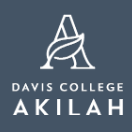Introduction to Akilah Institute for Women:
Introduction
Akilah Institute for Women is a non-profit institute in Rwanda dedicated to providing education for women. It is the first women's institute in the country.
Overview
Student size: 1,100 students at one time.
Courses: Three-year diploma programs in Entrepreneurship, Hotel Management and Information Systems are offered from 2010-2024. After 2024, it will transform into a university and offer various bachelor's degrees in humanities and sciences such as philosophy, psychology, biology, physics and literature.
Employment: 86% of alumni are employed within six months of graduation, and 89% of graduates financially support at least one family member.
History and Founding
In 2008, Elizabeth Dearborn Hughes and Dave Hughes conceived the model of Akilah Institute.
In January 2010, the school officially opened in Kigali, Rwanda, initially offering a diploma program in hotel management.
In 2012, the diploma program in entrepreneurship was introduced.
In 2014, the Information Systems Diploma Program was launched, and a branch was opened in Burundi in the same year, but it was closed in April 2015 due to political instability.
In 2020, Davis College was launched, opening its doors to young men.
In 2024, the last batch of diploma students graduated, and the leased campus in Kigali was closed, starting a new journey to become an accredited university.
School Strength
Faculty: A professional and experienced team of teachers who can provide high-quality teaching and guidance to students.
Industry Cooperation: Established partnerships with companies such as Marriott International to provide students with internships and employment opportunities.
Social Recognition: Recognized by the Rwandan Ministry of Education, it is a finalist for the WISE2019 Education Project Award.
Nature of the institution
Non-profit college.
Educational philosophy
Committed to providing market-related education to enable young women to achieve economic independence and gain leadership in the workplace and society. Focus on cultivating students' sustainable development and problem-solving skills to help students prepare for global challenges.
Key disciplines
Before the transformation, the key disciplines were entrepreneurship, hotel management and information systems. After the transformation, the focus will be on developing disciplines in the humanities and sciences, such as philosophy, psychology, biology, physics and literature.
Campus Environment
After closing the leased campus in Kigali in 2024, it is planned to establish a permanent campus outside the city. The new campus will provide student dormitories, sports facilities, etc. to support students' personal and academic growth.
-

African Leadership University
-
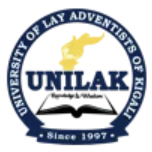
University of Lay Adventists of Kigali
-

Kigali Independent University
-

University of Global Health Equity
-
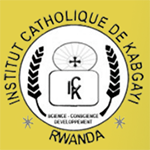
Catholic University of Kabgayi
-

Ruhengeri Institute of Higher Education
-

UMST University
-
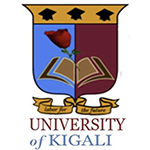
University of Kigali
-
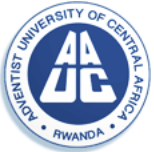
Adventist University of Central and East Africa
-

Kibogora Polytechnic
-

Mesoamerican University
-

Istmo University
-

Mariano Galvez University of Guatemala
-

Regional University of Guatemala
-

Galileo University
-

Francisco Marroquín University
-

Rafael Landívar University
-

University of the Valley of Guatemala
-

University of San Carlos of Guatemala
-

Technological Institute of Tlaxcala Plateau
-

Golfo University
-

Technological University of South Sonora
-

Technological University of Huejotzingo
-

Tizimín Institute of Technology
-

Chilpancingo Institute of Technology

